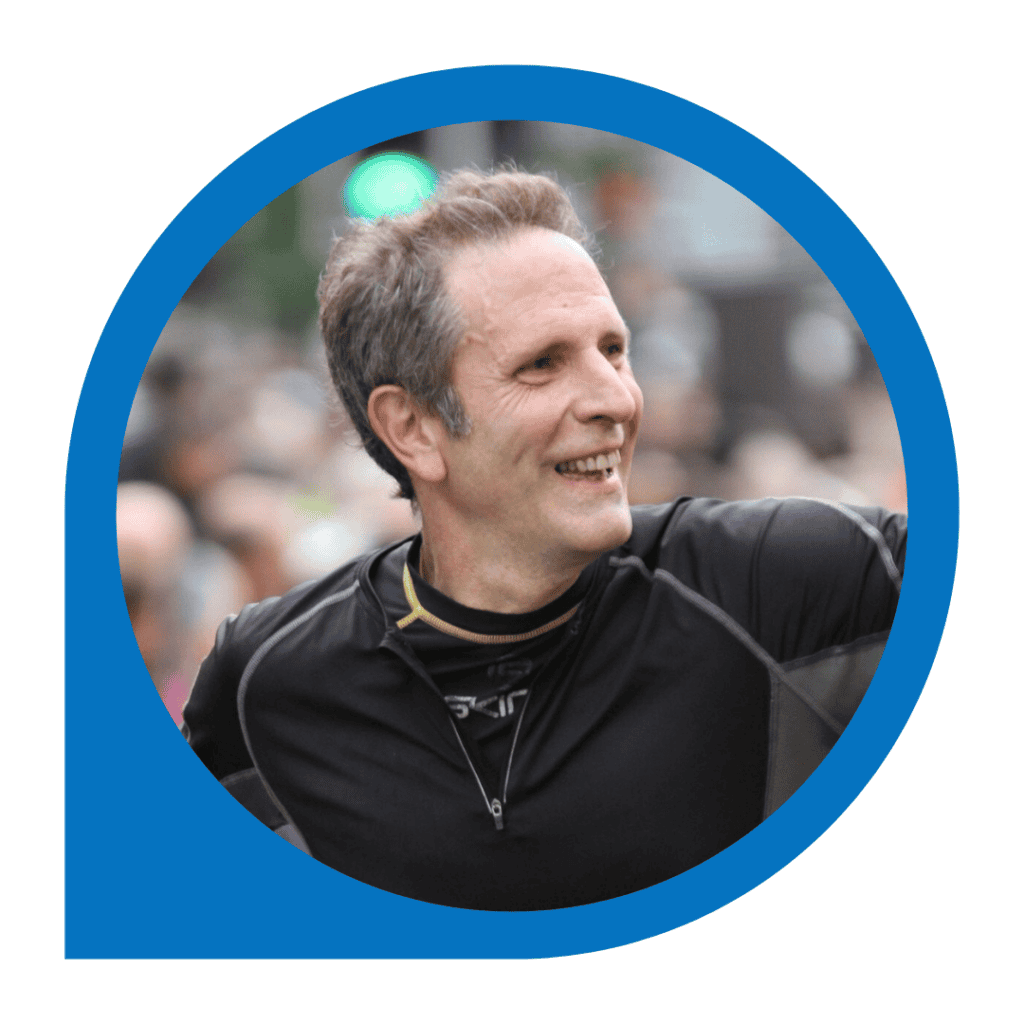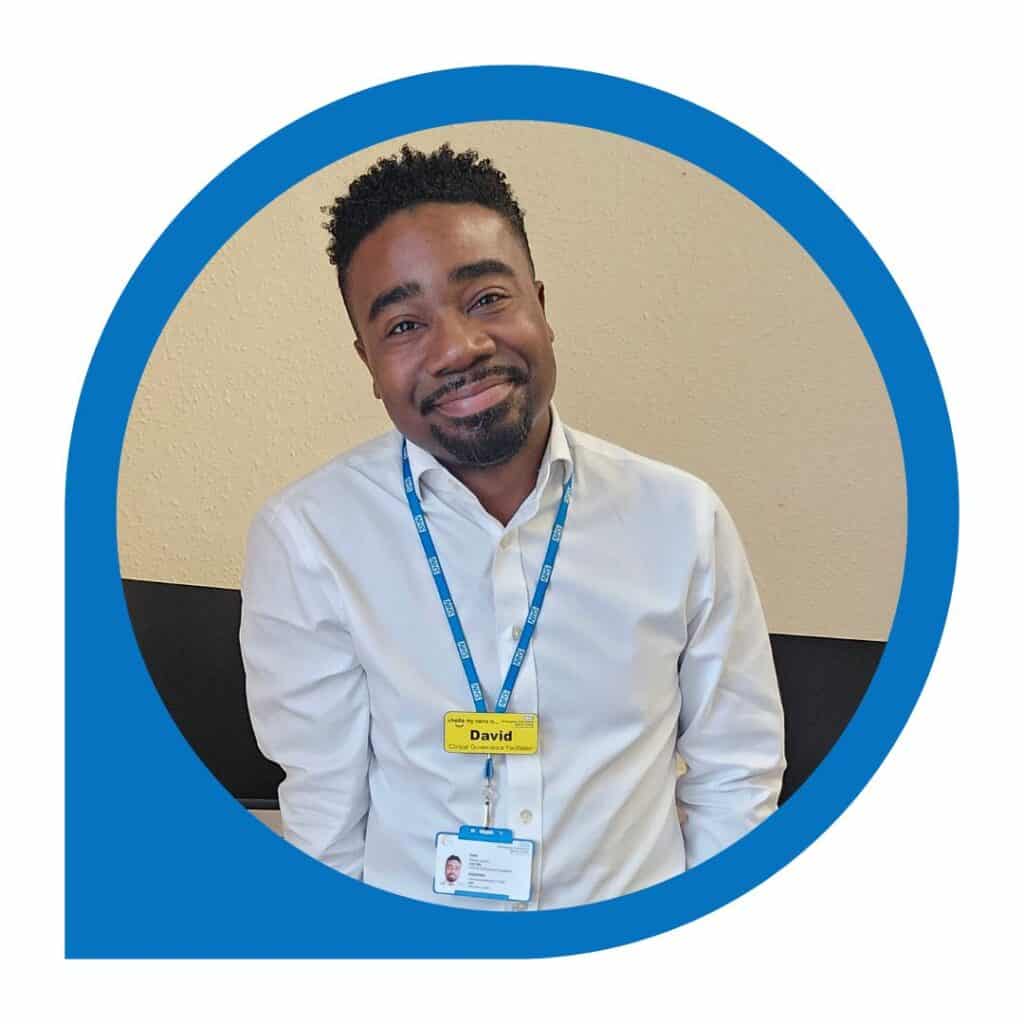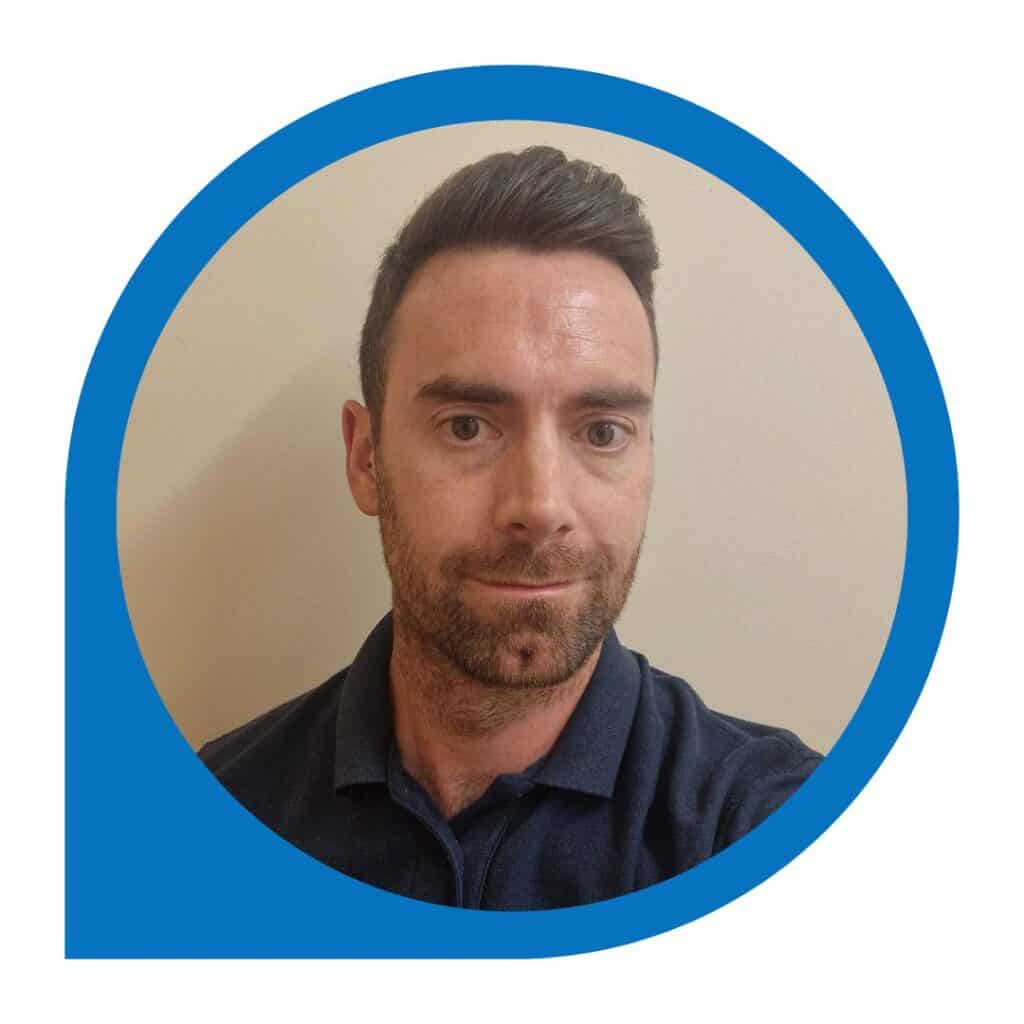I strongly believe that research within the NHS is everyone’s business.
Professor Alex Copello, Consultant Clinical Psychologist and Associate Director of Research is the latest feature in our popular segment, Five Minutes With.
In the below interview, Prof Copello shares more about his role and the importance of research within the NHS – specifically mental health.
A Clinical Psychologist by background, the Argentinian-born Professor has worked at BSMHFT since the late 90’s and has never looked back since. You can learn more about Alex and our Research and Development service at the Trust below.
Hi Alex, could you start by sharing a bit about your role here at the Trust?
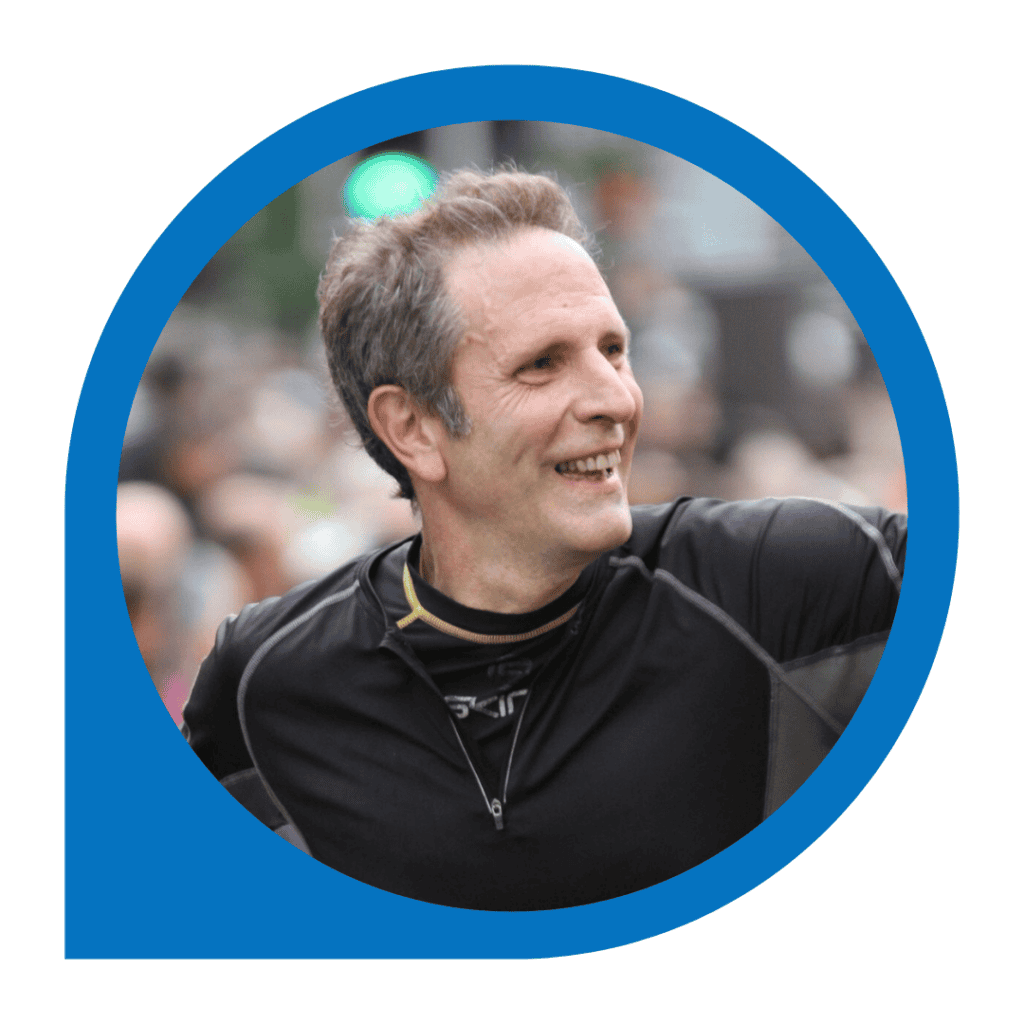
“I am a Clinical Psychologist by background. I qualified in Clinical Psychology in 1986. I am currently the Associate Director of Research and Development at the Trust and an Honorary Professor in Psychology at the University of Birmingham.
In addition to conducting my own research, my director role involves providing leadership and strategic direction to the research activities across the Trust. My role includes developing partnerships with academic institutions, promoting and supporting the development and delivery of research in mental health, obtaining research funding and supporting potential investigators to obtain funding. I work to provide strategic direction and leadership to the Trust’s research activities to ensure maximum influence upon clinical services, and I am responsible for ensuring that BSMHFT remains at the forefront of research, developing a brand both nationally and internationally.
I came to England in 1977 and to Birmingham in the mid-nineties and have worked for NHS mental health and addiction services since then, first in Northern Birmingham Mental Health Trust and then in the merged Birmingham and Solihull Mental Health NHS Foundation Trust. I was formerly Clinical Director for the Birmingham Addiction Services.”
What inspired you to pursue a career in research, and what areas particularly interest you?
“As I was training in Clinical Psychology and during my early years of clinical practice, I remember thinking whilst working with clients trying to reduce their distress and suffering, that whilst some of the interventions we were using helped, there were some cases where perhaps we could do better. Could we find other models of intervention? Could we involve others in supporting those aiming to change? At that point I felt that being prepared to ask questions of my own work and research and evaluation were key to providing an improved and more effective service.
Over the years I met key mentors who inspired me to pursue a career that combined research, clinical practice and service delivery. I came to Birmingham in 1995 to work in the addiction services and at the University of Birmingham. I completed my PhD into addictions and the impacts of addictions on families at the University of Birmingham, this has been my main area of research and interest. However, in my current role I support others conducting research in broader mental health areas e.g. perinatal mental health, serious mental health and addictions, bipolar problems, problem gambling and gaming.”
Who are the other members of your team and what roles do they play?
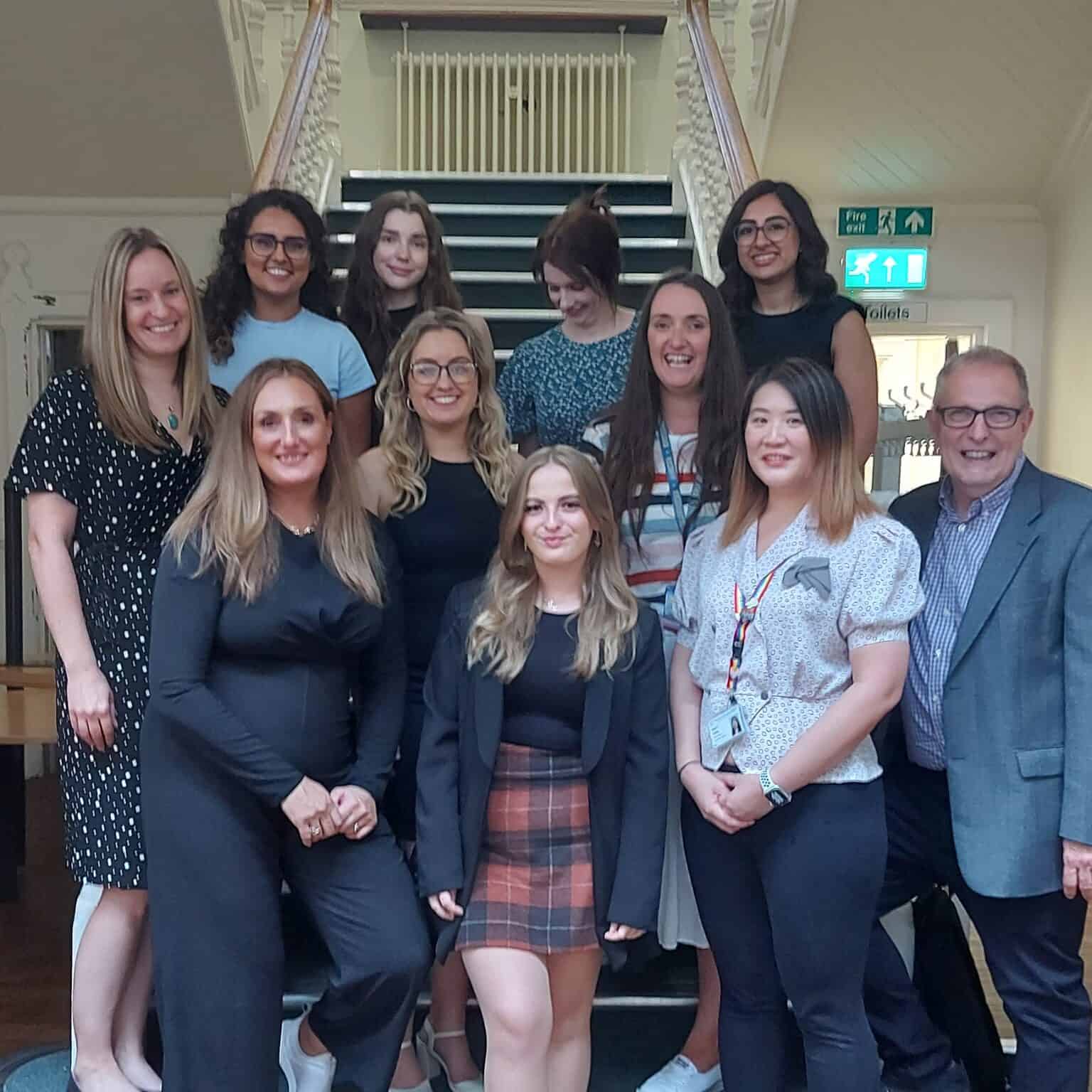
“I work very closely with Emma Patterson who manages the R&D Department and Dr Fabida Aria, our Trust Medical Director who is my manager. Together we work to develop and deliver the research agenda and strategy. There is also a great research team comprising R&D Assistants; Clinical Study Officers; Research Nurses; Research Fellows; Governance Leads and Project Managers. There are also a number of senior clinical academics that are key to the sustainability of the research agenda within our trust. Some of these latter posts are joint with academic institutions.
“Within the Trust we cover a range of studies from mood disorders, perinatal services, Huntington’s disease, addictions and clinical trials. We have a very diverse team with different backgrounds, but we all share a passion for and commitment to mental health research. There are significant and exciting developments taking place that will help grow our mental health portfolio in the near future.”
In your view, what’s one key step the Trust should take to advance research?
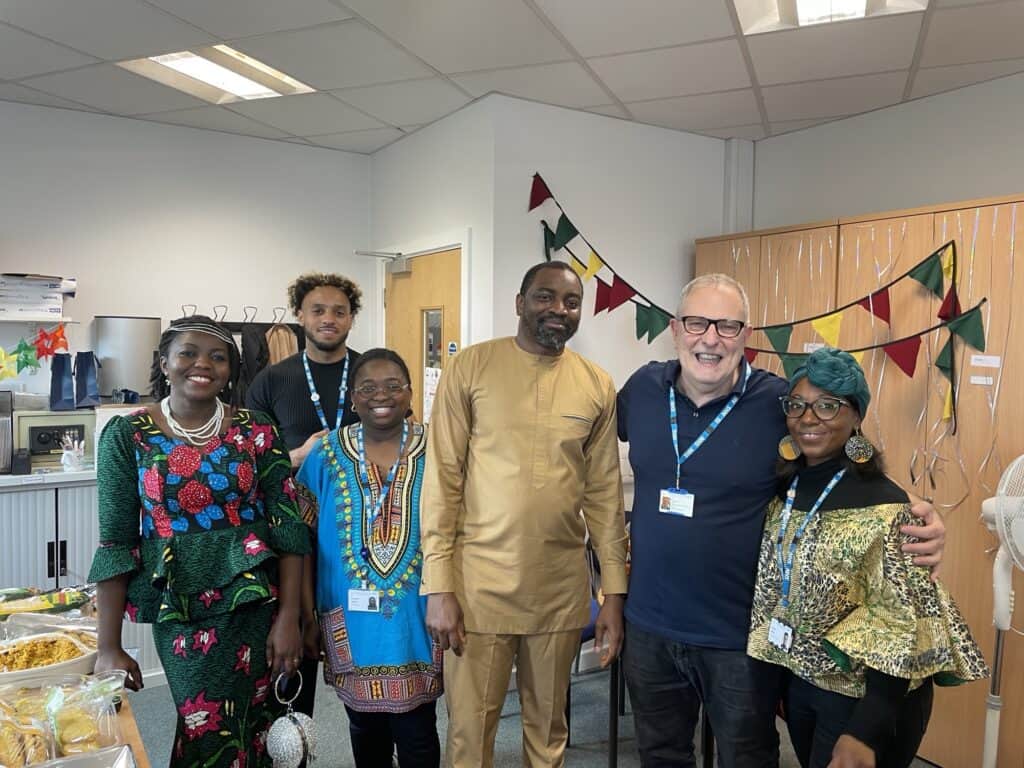
“I strongly believe that research within the NHS is everyone’s business. It is not something done by a few.
High quality important research involves full involvement of staff and service users as well as investigators and researchers. Research implementation and impact in clinical services requires full trust support at all levels and embedding research as a key trust priority.
On a more practical level, it is important for clinical teams to continue to be open to R&D staff attending team meetings to promote research and where appropriate to share caseloads/identify eligible service users and refer to our research team.
On the other hand, as a department we need to create as many opportunities as we can to support staff involvement in research and the development of research roles as principal investigators and chief investigators, for example training. We also aim to give support to those developing research ideas and studies.”
Are there any research accomplishments you’re particularly proud of?
“There are a few over the years. I was particularly proud of being one of the chief investigators in the UK Alcohol Treatment Trial (UKATT) – the largest multi-centre trial of alcohol treatments conducted in the UK at the time.
It was the most ambitious and complex piece of research I worked on to date, and I was part of a team with a group of excellent and inspiring co-applicants that influenced me enormously. I developed a family and social network intervention for this trial and the findings were important in the context of addictions treatment. I also developed other interventions for families affected by addictions.
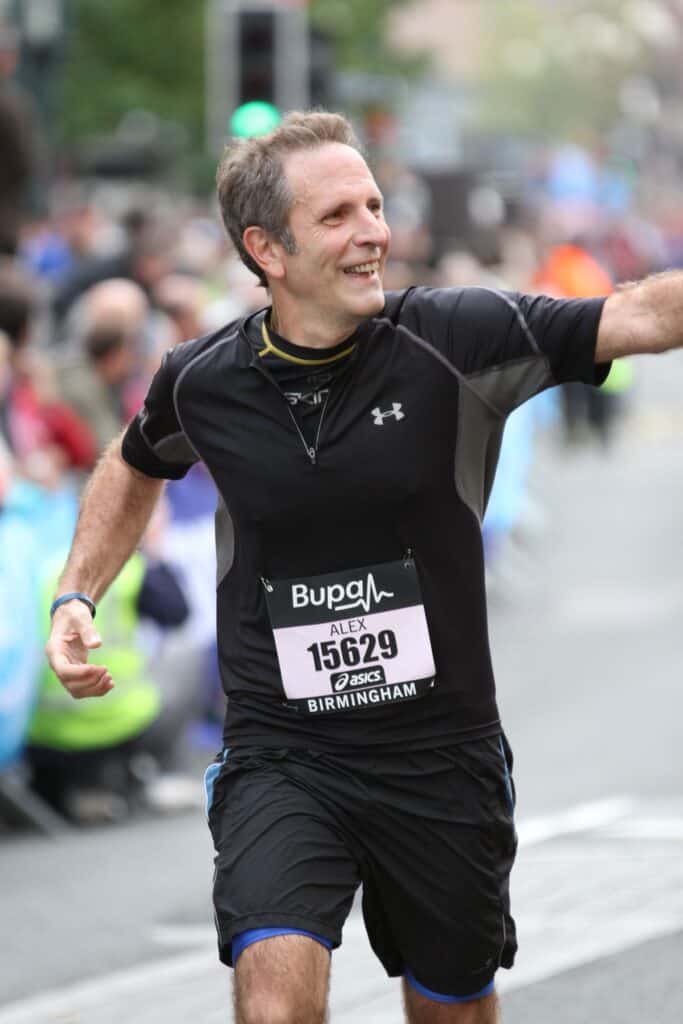
The thought that something you developed has been used to help numerous people facing such distressing circumstances across many countries gives me an important sense of achievement. But also, I am proud of so many students that I worked with over the years who developed their research skills through supervision or working on projects. Helping others develop and have belief in themselves is what motivates me.”
How do you like to unwind after a busy day?
“I do not have one specific way to unwind. I used to go for a run after work but now I prefer to swim (gentler on the knees and bones!) I like cooking and spending time with my kids if they are around (both live away from home now but not far!). I also like to read and watch TV. I also like football and music (I play the guitar).”
If you could travel anywhere, where would you go?
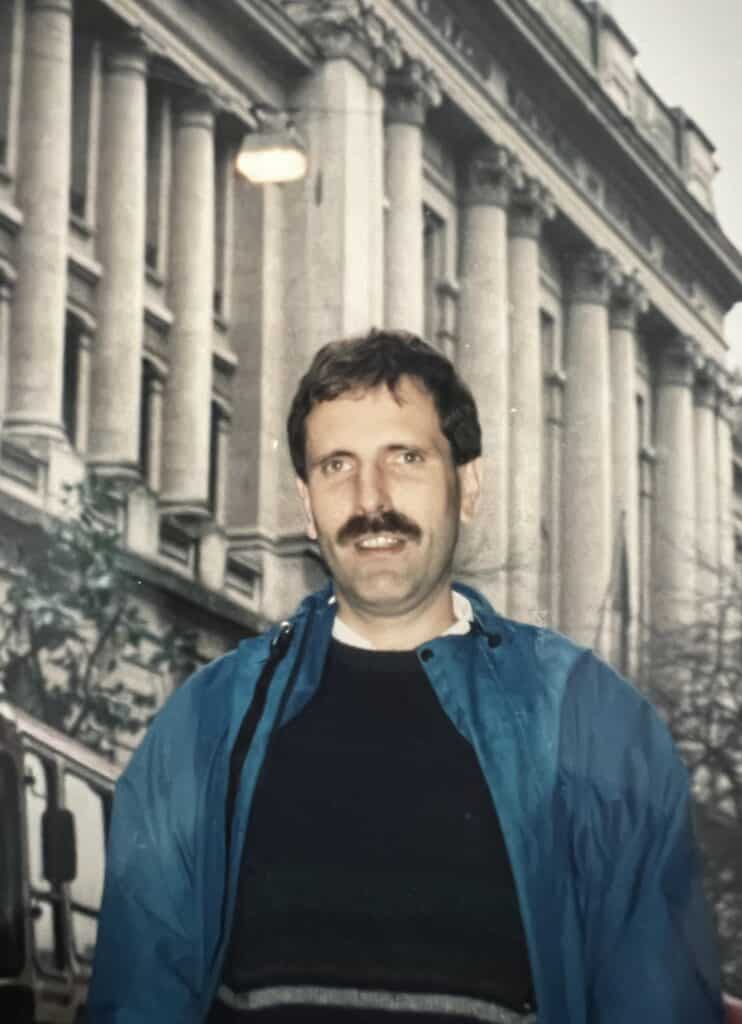
“I originally come from Argentina. I came to the UK in 1977 where I have lived since. I would like to explore some parts of South America that I have not been to. I would like to start in the South Andes in the border between Chile and Argentina exploring the beautiful mountains and lakes. I would then work my way up through Bolivia, Peru, Ecuador, Colombia and Venezuela. My daughter has done a similar trip recently and there are some beautiful places to visit and experience.”
Past, present or future, what three people would you most want to sit down for a meal with?
“Sigmund Freud – During my years growing up, his ideas and theories were really influential and interesting. He had global appeal. Although I do not agree with some of his ideas these days, other concepts have been so important for psychotherapy in general. I would love to find out more about his thinking.
Emiliano (Dibu) Martinez – Goalkeeper for Argentina and Aston Villa. As I mentioned, I was born and grew up till my teens in Argentina. I am a football fan. Martinez brought me so much happiness to me and my children, winning the world cup with Argentina, the Copa America twice and is now at Aston Villa, a team I have supported and followed since the nineties, and I watch as a season ticket holder with my son. I would like to thank him. He has brought together two key parts of my world – Birmingham and Argentina!
Both my parents – I lost my parents some time ago. I would love the opportunity to see them one more time, tell them what I have been doing, how life has been, that my son is expecting his first child in February, and my daughter currently travelling around the world, is getting married next July. What a dream to spend one more meal with them!”
Tell us something that people might not know about you.
“All year round, weekdays at 6.30 in the morning, whilst a lot of people are just waking up, I am swimming lengths in an outdoor pool most days of the week. It is a great way to start the day. The swimming pool is open air although the water is about 28 degrees.”
Describe yourself in three words.
“Loyal, compassionate, pragmatic.”
Published: 5 December 2024


